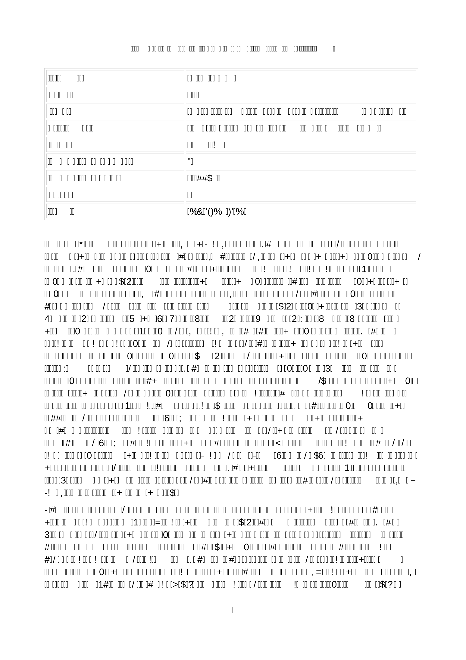Inken Prohl: Die "spirituellen Intellektuellen" und das New Age in Japan
Whether there is, or was, a "New Age" culture in Japan is not entirely clear, since those elements which characterise such a phase of "spirituality" in the western world were available in any case in Japan before the movement captured with this designation got going in the sixtie...
Gardado en:
| Publicado en: | Marburg Journal of Religion |
|---|---|
| Autor Principal: | |
| Formato: | Artikel (Zeitschrift) |
| Idioma: | inglés |
| Publicado: |
Philipps-Universität Marburg
2002
|
| Acceso en liña: | Acceso en liña |
| Tags: |
Engadir etiqueta
Sen Etiquetas, Sexa o primeiro en etiquetar este rexistro!
|
| Zusammenfassung: | Whether there is, or was, a "New Age" culture in Japan is not entirely clear, since those elements which characterise such a phase of "spirituality" in the western world were available in any case in Japan before the movement captured with this designation got going in the sixties and seventies elsewhere. The main focus of this work, however, is the productions of five writers who have been characterised as "spiritual intellectuals" and it is certainly helpful to have their ideas presented in a systematic and reflected manner, as is done here. The five writers in question are Umehara Takeshi, Nakazawa Shin'ichi, Yamaori Tetsuo, Kamata Toji and Yuasa Yasuo, all of whom have commented extensively on "religion" and proposed, with variations, that Japanese religion, being integrative and mysterious, is generally superior to western religion which is dualistic and destructive of the environment. |
|---|---|
| DOI: | 10.17192/mjr.2002.7.3738 |
 Publikationsserver
Publikationsserver